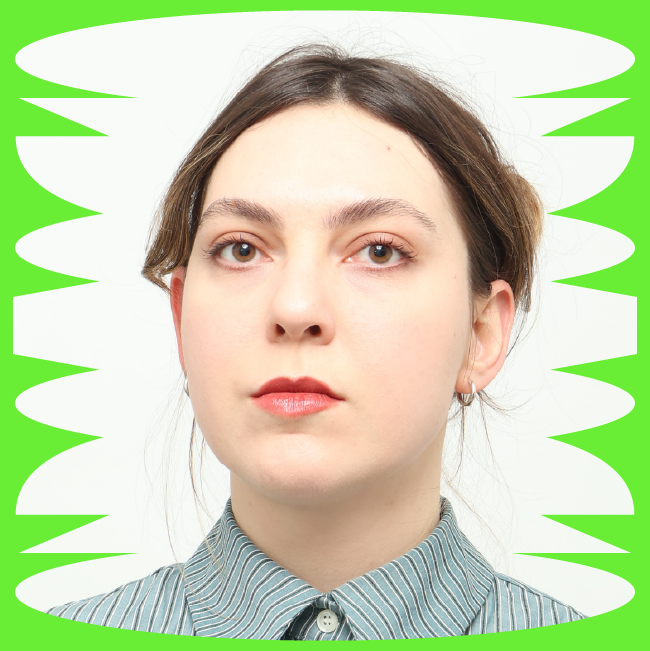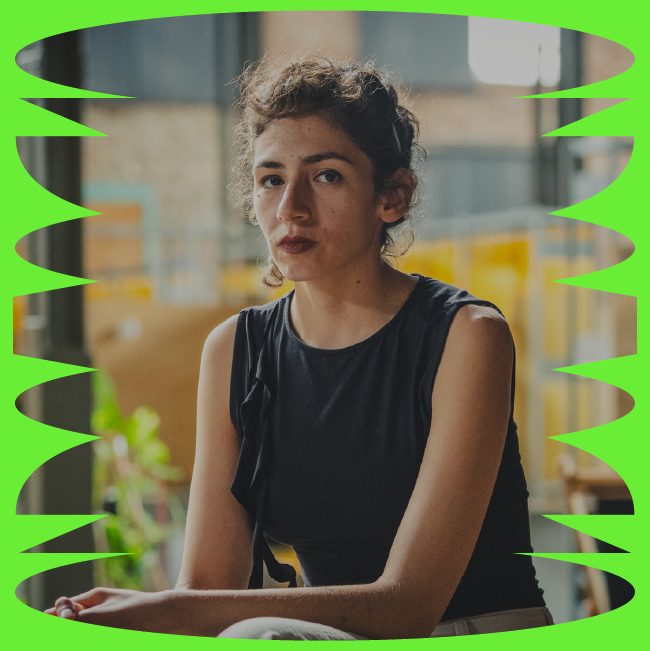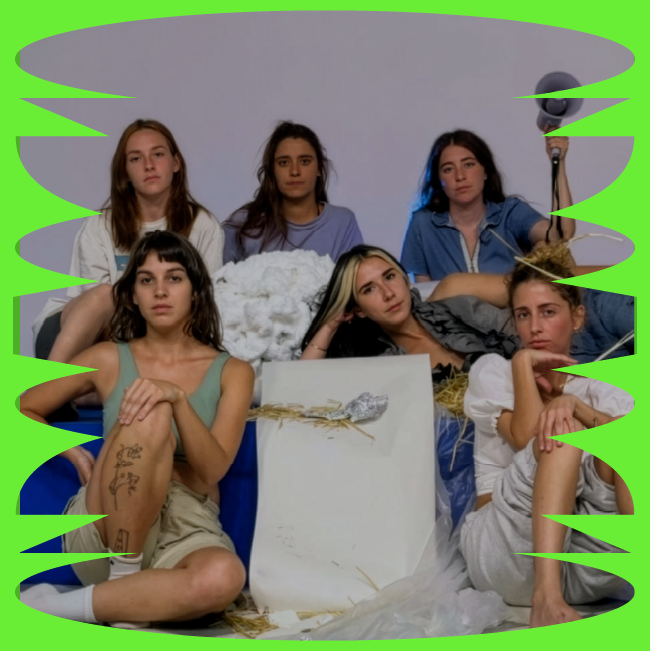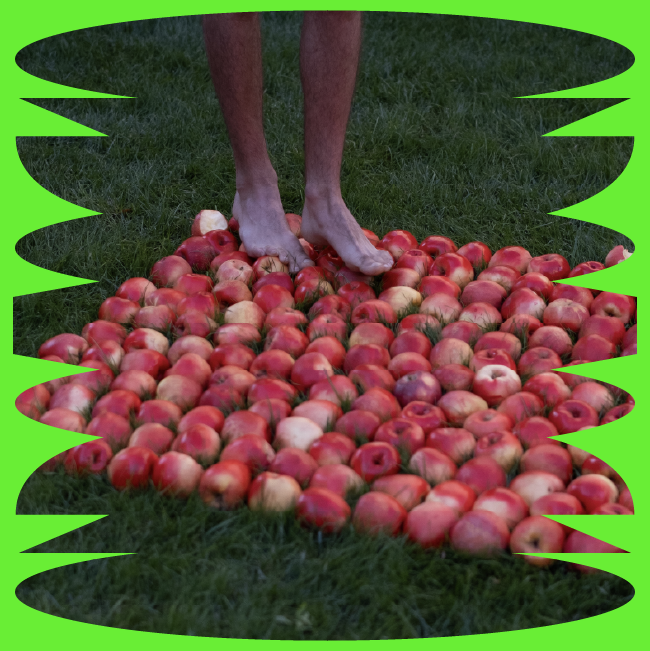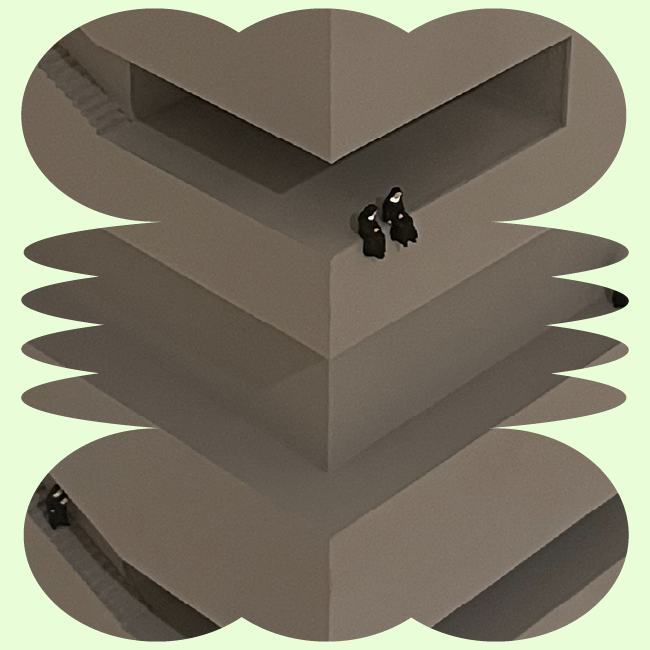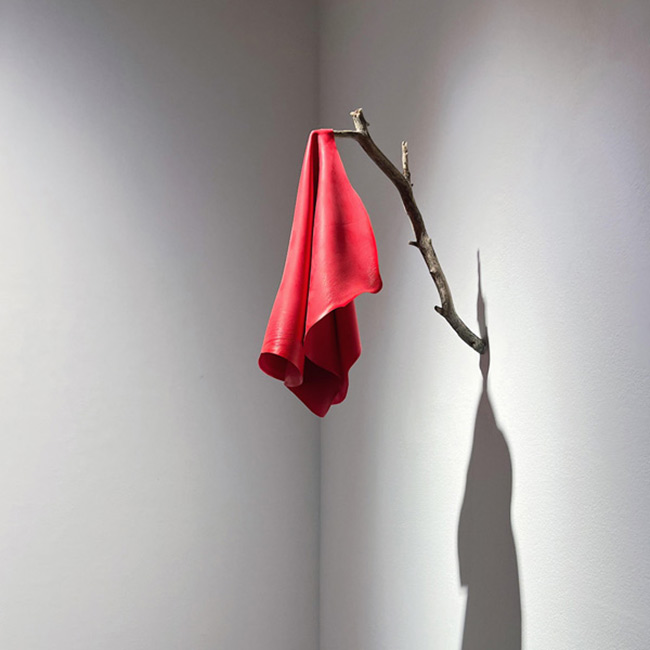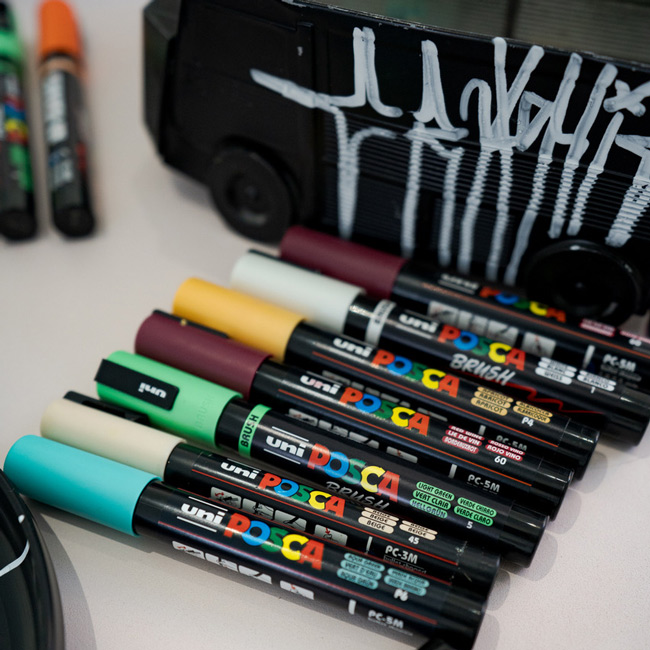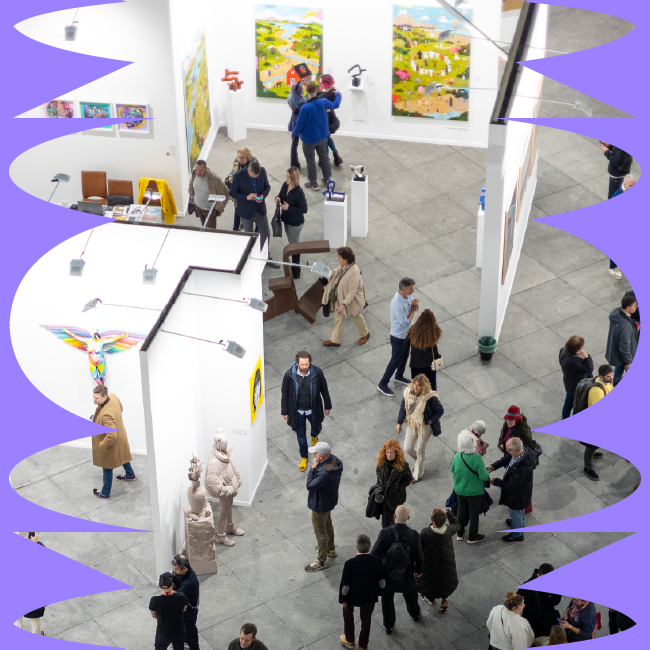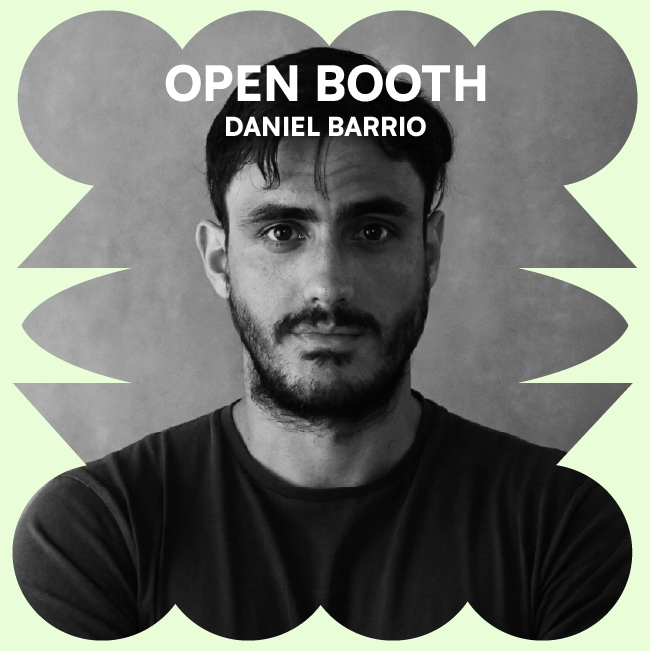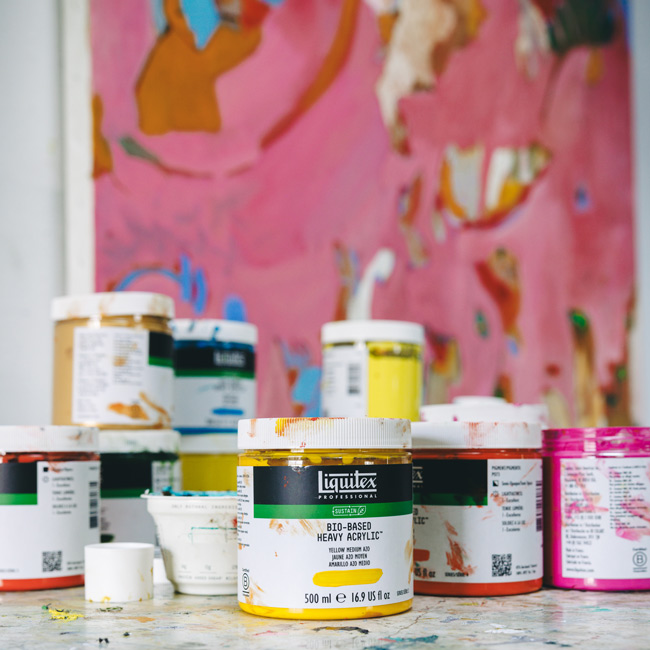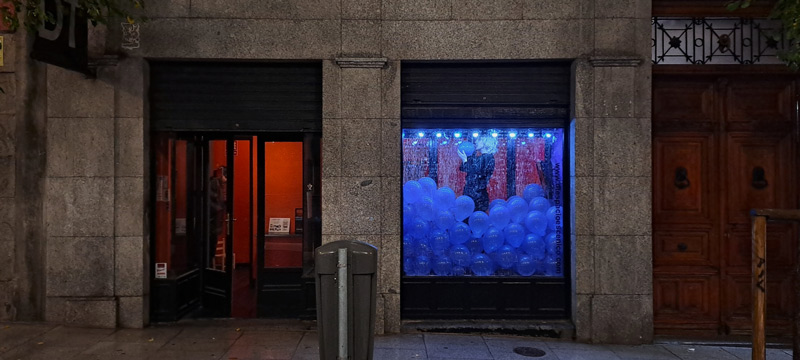ART AND EDUCATION: ART MADRID'18 ACTIVITIES PROGRAM
Jan 31, 2018
art madrid
In the program #ART&EDUCATIONAM18, thanks to the collaboration of independent, public and private agents, artists, cultural mediators and professionals, we will try to shed light on concepts such as artistic activism and pedagogy, art as a space for experiences and education in the margin of the academic. Do not miss February, our month of art.

Art as a tool for life, creative processes as a resource for resolving conflicts, educating in art, educating with art, educational art and artistic education... The relationship between art and education has infinite possibilities and each one of the perspectives they are resolved in new questions open to research and experimentation. You can learn life through art, you must learn to look in another way from art, to see beyond the obvious and to pose other possible realities ... The art fair Art Madrid, involved in previous years with the issues of genre within art or with technological art, this time focuses its Program Parallel Activities in ART AND EDUCATION. "I do not want art for a few, in the same way that I do not want education for a few or freedom for a few", defended it by William Morris and we defend it from Art Madrid, open access to art, artistic spaces as places of learning and experiences and art as a tool for social transformation. From Art Madrid we want to question and rethink the relationship between art, education and society, anticipating the possibility that they are nothing but synonyms, facets of the same crystal, beams of light that converge in a single point, a nodule of Renewing energy.

In this edition, for #ArtandEducation AM18 we have La Quinta del Sordo as a collaborating space, much more than a co-working, it is a space in which we will develop the talks and presentations (and some other surprise) of our program. La Quinta team will present its TANDEM course, dedicated to the development of cultural projects by artists and cultural managers. (Thursday, February 1, 7:30 pm: La Quinta del Sordo, c / del Rosario, 15. Madrid)
Among the ROUND TABLES AND LECTURES we highlight the one by Pedagogías Invisibles, platform that generates educational proposals around contemporary art as a way to create knowledge, community and transformation. For them, the unexpected, the conflict, the questioning of oneself and critical and divergent thinking are tools that they use for learning. (Thursday, February 8, 7:30 p.m. in La Quinta del Sordo, c / del Rosario, 15. Madrid)
We also have the Plena Inclusión Foundation and Repsol Foundation and their residencies program Espacio Convergente (within the Más Cultura Más Inclusión program) in which 3 artists live and work with the boys and girls of the foundation, sharing experiences and demonstrating that art it is an essential element of construction and social inclusion. In his talk will participate the artists María Bueno and Bilal Dadou, Ana Lozano Fernández, coordinator of More Culture More Inclusion, the moderator will be Graciela García, curator and expert in outsider art. (Thursday, February 15, 7:30 p.m. in La Quinta del Sordo, c / del Rosario, 15. Madrid).

The Platform Veo Arte en todas pArtes proposes a round table about the experiences of artists who are dedicated to academic artistic training. Participate Marta Pérez Ibáñez (Univ. De Nebrija), Rufino Ferreras (EducaThyssen.org) and the artists Jose Antonio Vallejo and Carmen Hidalgo. (Thursday, February 22, 7:00 p.m.)
In the section of WORKSHOPS, #ArtandEducationAM18 takes into account all kind of publics. With the VEGA school team, associated with Espositivo Academy, we will organize the workshop for adults Press INTRO to see what happens, directed to all those who want to hear about happening and be part of one. A workshop with the top teachers of Madrid, the artists Pablo Durango, Ignacio Tejedor and the collective Somos Nosotros. Fun is assured. (Saturday, February 10, from 6:00 pm to 9:00 pm Info and registration in: hola@espositivo.es).

For kids we have the experience and creative madness of the Taller del Hombre Rayo, a place where we will enjoy drawing, painting, building, investigating our creative and intuitive thinking to produce something authentic, genuine and original. (Saturday February 17, 11: 00. Info and registration in: anamusma@yahoo.es).
It is important to educate the eyes, how we look, how to see arts and, for this, we include 2 GUIDED VISITS TO EXHIBITIONS. The 1st to the exhibition "MIRADAS AUSENTES, GESTOS PRESENTES. An approach to contemporary art in the CA2M Collection" at the Pérez de la Riva Cultural Center (Las Rozas, Madrid). We have a bus -thanks to the RedItiner of the Community of Madrid - (Saturday, February 10, 10: 45h-13: 45h.)
The 2nd visit is inside the very heart of creativity, the atelier of the artist Okuda San Miguel who will tell us about his creative process, his way of working and will present us to the team that always accompanies him, Ink and Movement. (Tuesday, February 13, 7:00 p.m.)

There will be many things, meetings and much surprise, so organize you February agenda because #ArtandEducation AM18 will surprise you. With this cycle we propose you to be active builders of our culture and not mere spectators.

